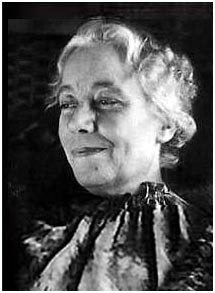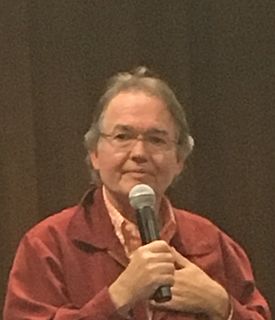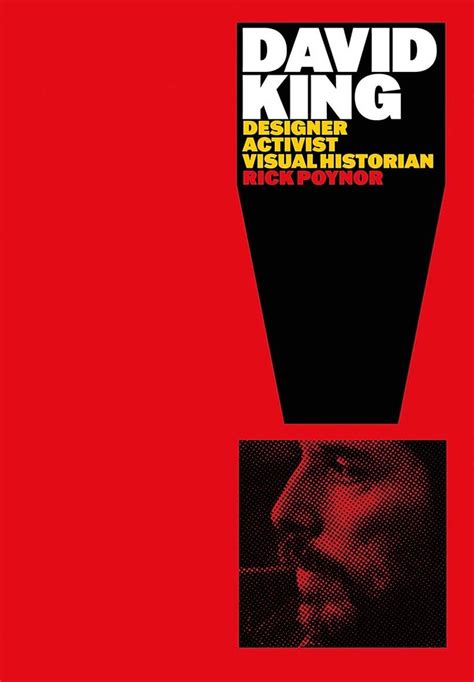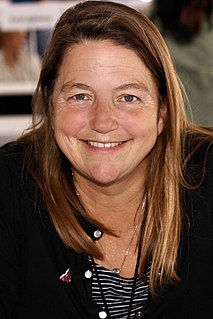A Quote by Karen Horney
The searching for our selves is the most agonizing, isn't it? - and yet the most stimulating - and one simply cannot escape it.
Related Quotes
And in this game of life, we all search for ourselves. When I say selves, I mean ‘inner selves’, the thing that created the life in the first place. Now consciously, most of us are not aware of this. But if you’re searching for happiness; if you’re searching for tranquility; if you’re searching just to have a nice, peaceful, loving, understanding life... in actual fact, your searching for your inner self.
We cannot conceive how the Foetus is form'd in the Womb, nor as much as how a Plant springs from the Earth we tread on ... And if we are ignorant of the most obvious things about us, and the most considerable within our selves, 'tis then no wonder that we know not the constitution and powers of the creatures, to whom we are such strangers.
Our lives are more like fragmentary dreams than the enactments of conscious selves. We control very little of what we most care about; many of our most fateful decisions are made unbeknownst to ourselves. Yet we insist that mankind can achieve what we cannot: conscious mastery of its existence. This is the creed of those who have given up an irrational belief in God for an irrational faith in mankind.
There is provided an escape from the narrowness and poverty of the individual life, and the possibility of a life which is other and larger than our own, yet which is most truly our own. For, to be ourselves, we must be more than ourselves. What we call love is, in truth . . . the losing of our individual selves to gain a larger self.
To enter upon the marriage union is one of the most deeply important events of life. It cannot be too prayerfully treated. Our happiness, our usefulness, our living for God or for ourselves afterwards, are often most intimately connected with our choice. Therefore, in the most prayerful manner, this choice should be made.
There is... in our day, a powerful antidote to nonsense, which hardly existed in earlier times - I mean science. Science cannot be ignored or rejected, because it is bound up with modern technique; it is essential alike to prosperity in peace and to victory in war. That is, perhaps from an intellectual point of view, the most hopeful feature of our age, and the one which makes it most likely that we shall escape complete submersion in some new or old superstition.





































